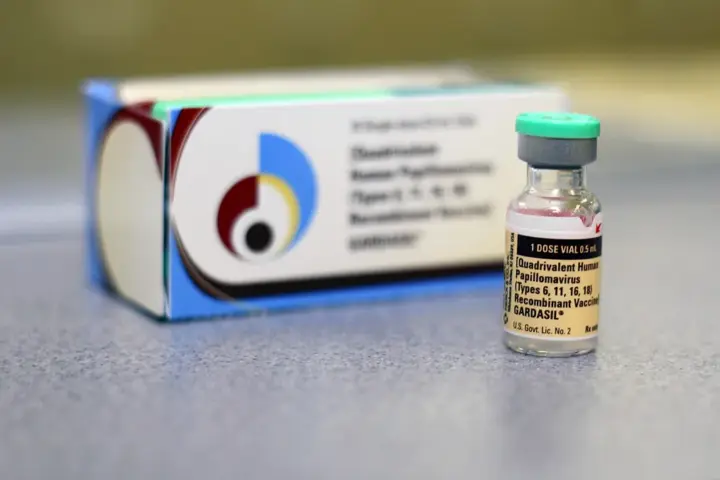The NHS in England is now giving a special “artificial pancreas” to pregnant women with Type 1 diabetes to reduce serious health risks. This new system could benefit approximately 2,000 women with Type 1 diabetes who get pregnant annually across England.
Women with diabetes face higher risks during pregnancy because hormone changes make it harder to control blood sugar levels. Poor diabetes control can lead to serious problems including miscarriage, stillbirth, birth injuries, and babies needing intensive care.
The technology, called a hybrid closed-loop system, combines three parts: an insulin pump, a glucose sensor, and an app with special software that runs constantly on a mobile phone. Together, they calculate and deliver exactly the right amount of insulin a woman needs.
What makes this pregnancy-specific system different is its ability to be set to the lower glucose targets specifically required for healthy pregnancy outcomes. The system also lets healthcare workers monitor the woman’s glucose levels remotely, meaning fewer hospital visits.
“This life-changing technology is great news for women with Type 1 diabetes because their chronic condition can make it difficult for them to effectively regulate their blood glucose levels to have a safe pregnancy,” said Kate Brintworth, Chief Midwifery Officer for England.
Nina Willer, a 40-year-old mother of two and diabetes specialist midwife from Norwich, has seen both sides of diabetes care during pregnancy. During her first pregnancy, she had to constantly check her blood sugar, doing finger-prick tests every hour during the day and every 30 minutes overnight. Following delivery, her first child spent a week receiving treatment in the neonatal unit for several health issues including jaundice and weight concerns. When pregnant with her second child, Willer tried the new system and saw remarkable improvements right away.
“Within hours of being put on the system, I noticed huge changes,” Willer said. “For the first time in my life, I woke up every morning with completely normal glucose levels and got a full night’s sleep.”
Similar Posts
Her second daughter was born healthy at 36 weeks, and they were home just 24 hours later.
When diabetes isn’t well controlled during pregnancy, it commonly results in babies who are significantly oversized. Research shows infants born to Type 1 diabetic mothers are typically around 50% bigger than expected for their developmental stage. These oversized newborns have greater chances of developing health problems like obesity, Type 2 diabetes, and cardiovascular issues as they grow older.
Over 600 pregnant women have already received the technology in the first phase of the rollout. NHS England has allocated funding of £3.7 million to ensure this technology reaches women who require it.
The artificial pancreas initiative is part of the NHS England’s “Saving Babies’ Lives Care Bundle,” a program that aims to reduce stillbirths, premature births, and brain injuries.
Partha Kar, Type 1 Diabetes Technology Lead at NHS England, sees this rollout as continuing the NHS’s commitment to diabetes care: “The universal uptake of continuous glucose monitors by women living with Type 1 diabetes was driven by NHS action on this issue in 2019 – a global first – and has led to improvements in outcomes for them.”
Around 400,000 individuals in the UK live with Type 1 diabetes, an autoimmune condition where the body attacks and destroys pancreatic cells that produce insulin. Without sufficient insulin, glucose levels in the bloodstream can escalate dangerously. Managing this condition requires constant vigilance, with most patients relying on regular insulin injections or pump devices.
The new system represents a significant step forward in making pregnancy safer and less stressful for women with Type 1 diabetes, potentially improving outcomes for both mothers and babies.


















